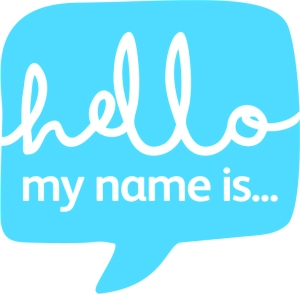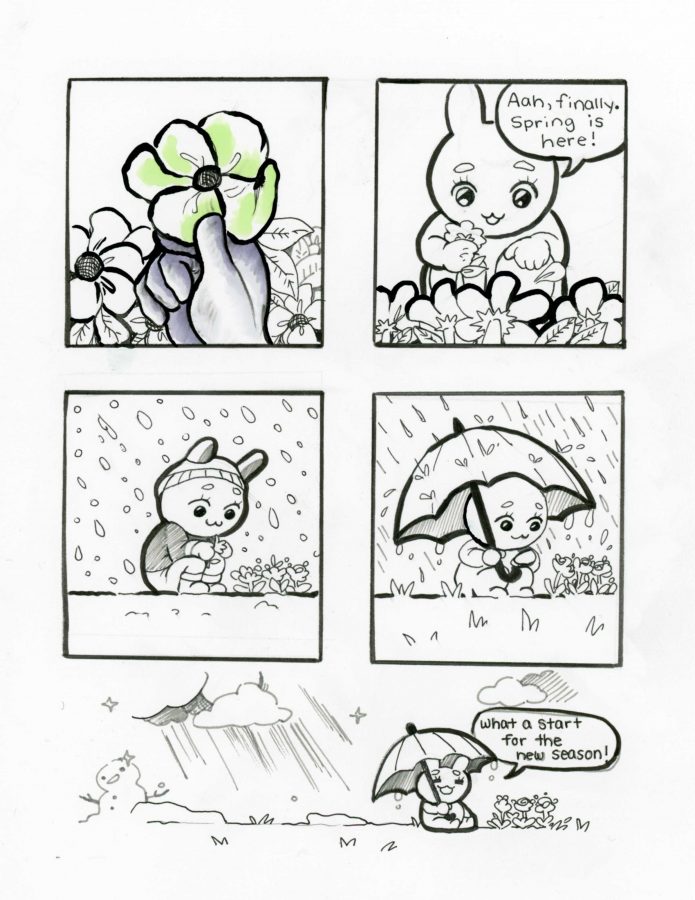By Jess Pupo
Staff Writer
For most students, attendance is just a mundane and routine part of being in a classroom. But for many multicultural students, having their attendance taken is yet another time someone mispronounces their name.

Having a name that is deemed too hard to pronounce or “weird” means having to defend your name every time introductions are made or attendance is taken. A common response multicultural students get to their “hard-to-pronounce” names is whether a nickname can be used instead.
The worst part of this is that those who ask this question don’t realize how problematic it is to not even attempt to pronounce someone’s name correctly. The seemingly innocent question exposes the fact that non-mainstream names simply aren’t respected.
Uzo Aduba of “Orange is the New Black” expressed the hypocrisy in name pronunciation by sharing a story from when she was a little girl.
In grade school, she was frustrated by the fact that every time her name was called in the role call nobody knew how to pronounce it. One day, when she got home she asked her mom if she could be called Zoe. In Aduba’s words: “I remember she was cooking, and in her Nigerian accent she said, “Why?” I said, “Nobody can pronounce it.” Without missing a beat, she said, “If they can learn to say Tchaikovsky and Michelangelo and Dostoyevsky, they can learn to say Uzoamaka.”
Names like Tchaikovsky that are pronounced without hesitation, prove that the complexity of the name doesn’t have anything to do with the lack of effort into learning the correct pronunciation. It’s not that learning to say names like Uzo Aduba, Lupita Nyong’o, Auli’i Cravalho, and Priyanka Chopra, are too difficult, but rather that many just don’t care to learn.
In Auli’i Carvalho’s case, on the red carpet photographers have resorted to calling her “Moana” instead of her own name. She corrected these photographers, but the reality is that she shouldn’t have to. Names that are different from the common Anglosaxan names aren’t inherently harder to pronounce, they just invoke a different reaction from those trying to pronounce them.
It shouldn’t have to be explained that not calling someone by their name is disrespectful, but unfortunately it does. Nicknames are fine if someone genuinely prefers one or if friends come up with one as a term of endearment. However, using nicknames as a way to escape learning to pronounce a name is not okay. Not only does it try and force upon a name that isn’t theirs, it shows a lack of consideration for the person’s identity.
It’s simple. If you don’t know how to say it, just ask for the person to sound out their name or write it down. It is far more welcome to ask questions like these than to simply give up or ask to use a nickname.













